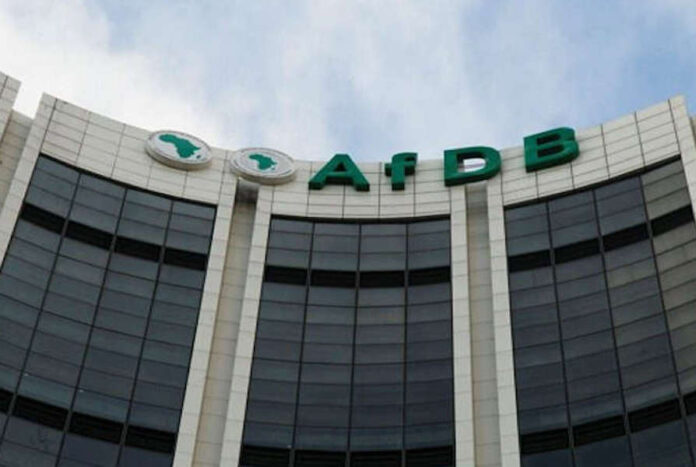African Development Bank Group President, Dr Akinwumi Adesina, has warned that a new EU carbon border tax could significantly constrain Africa’s trade and industrialisation progress by penalising value-added exports including steel, cement, iron, aluminium and fertilizers.
While addressing delegates at the Sustainable Trade Africa Conference held at the UAE Trade Centre in Dubai, Adesina said, “With Africa’s energy deficit and reliance mainly on fossil fuels, especially diesel, the implication is that Africa will be forced to export raw commodities again into Europe, which will further cause the de-industrialisation of Africa.
“Africa could lose up to $25bn per annum as a direct result of the EU carbon border tax adjustment mechanism.”
He added, “Africa has been short-changed by climate change; now it will be short-changed in global trade.
“Because of weak integration into global value chains, Africa’s best trade opportunity lies in intra-regional exchanges, with the new Africa Continental Free Trade Area estimated to increase intra-Africa exports over 80 per cent by 2035.”
Adesina stressed that Africa was already being overlooked in the global energy transition, according to data from the International Renewable Energy Agency.
“Africa received just $60bn or two per cent of the $3tn of global investments in renewable energy in the past two decades, a trend that will now impact negatively on its ability to export competitively into Europe,” he said.
Adesina called for what he termed the Just Trade-for-Energy Transition policies, which would enable Africa’s renewable ambitions without restricting its trade prospects.
Africa would need to use natural gas as a transition fuel to reduce the variability of renewable energy and stabilise its energy systems in support of its industrialisation, Adesina said.
The Chief Executive Officer of the UAE Trade Centre, Walid Alfalahi, said Africa is the new frontier for investment contrary to widespread perception that the continent is a dangerous and difficult place to do business.





















